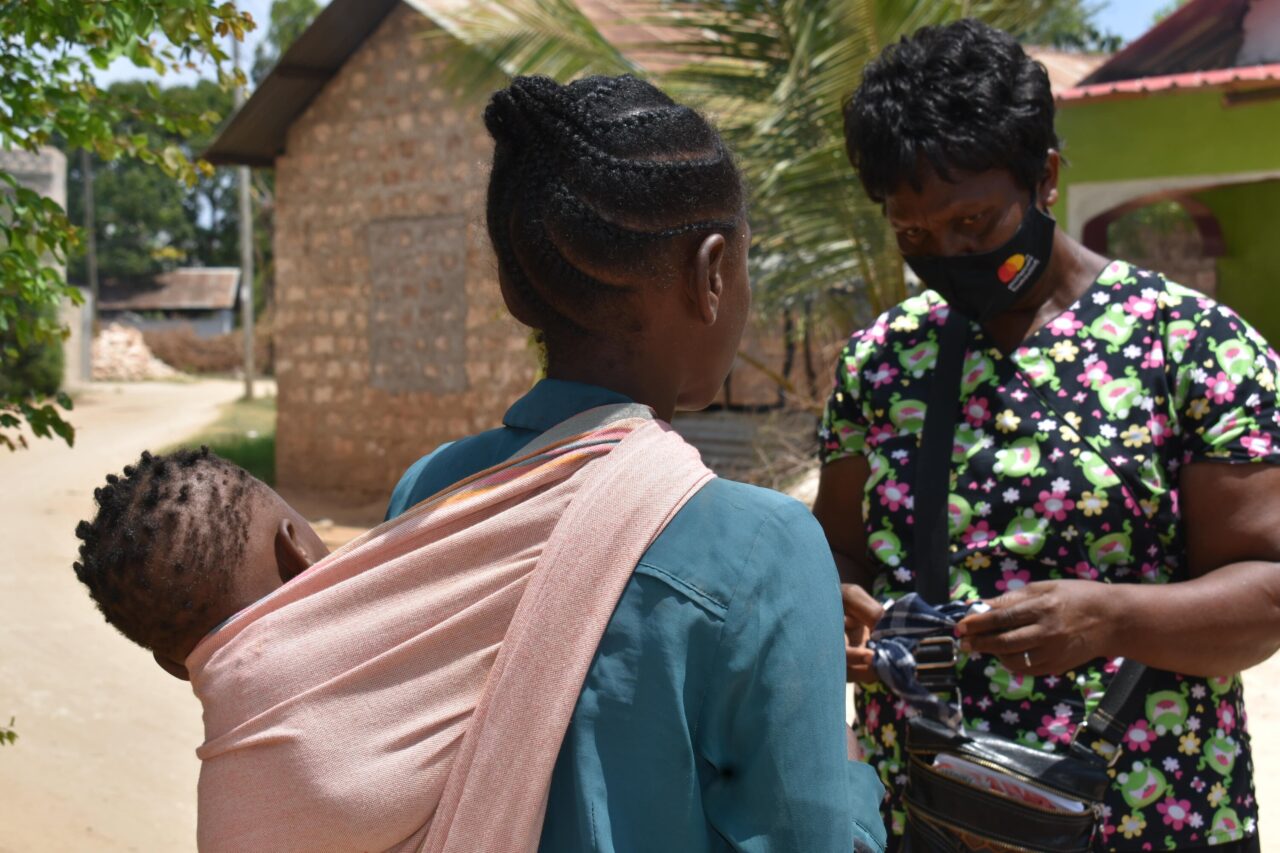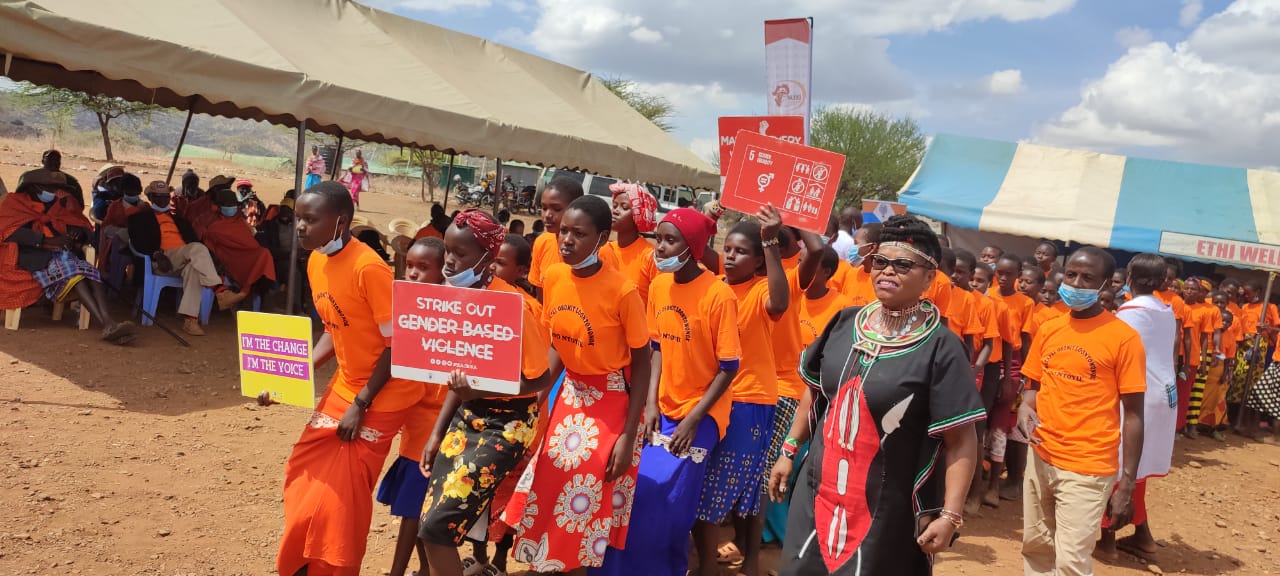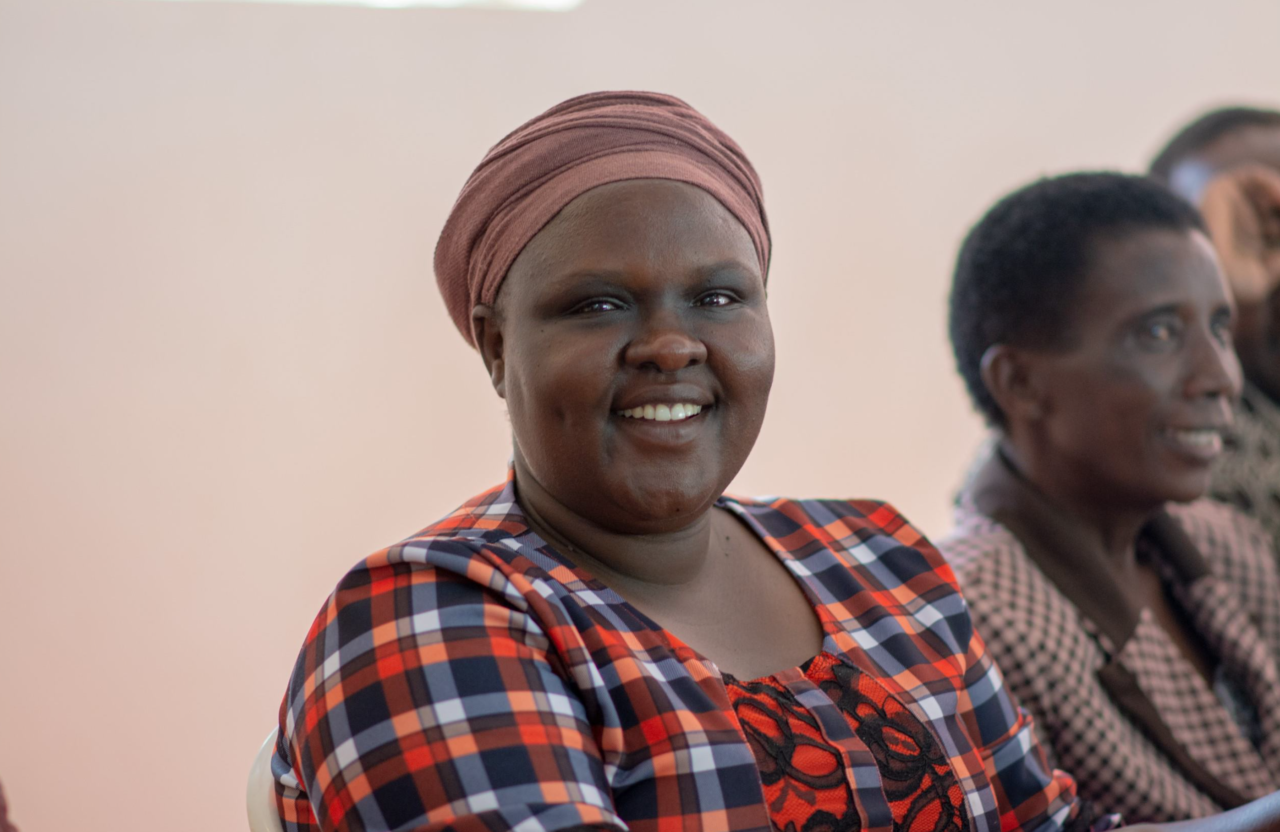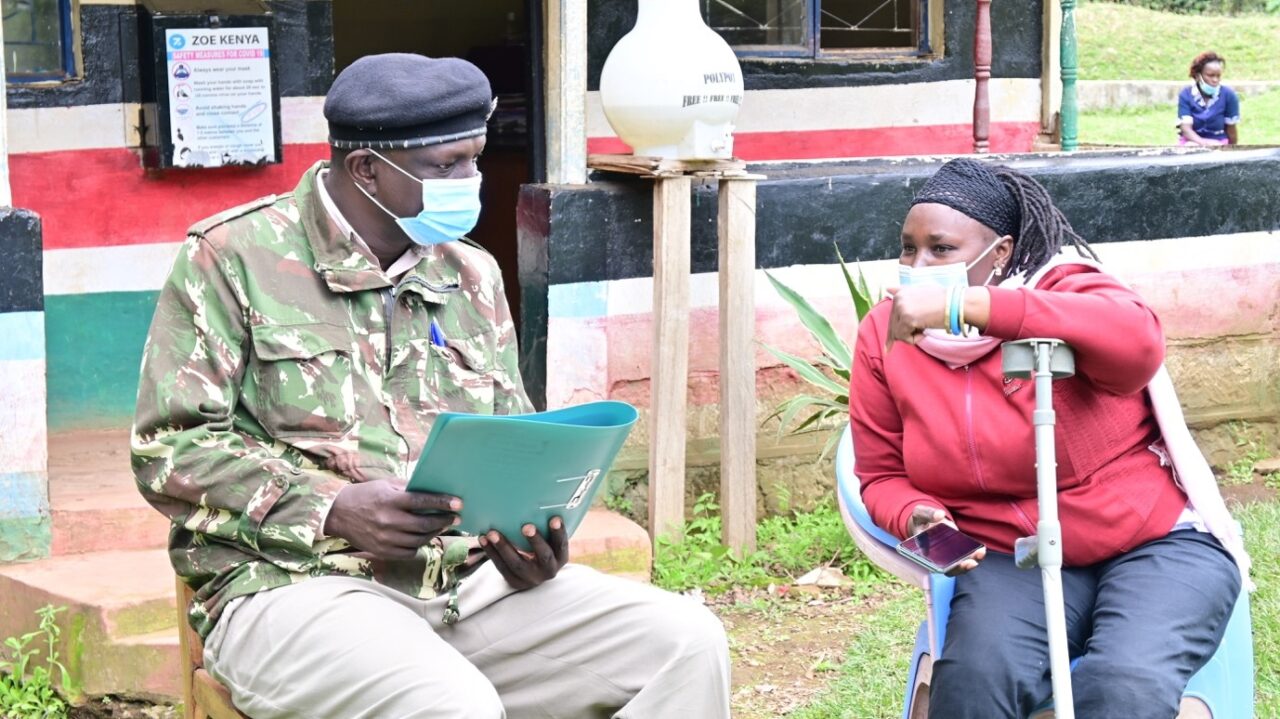Kadzo Samuel Kaingu is definitely a woman without limits. She epitomizes resilience, as her never giving up spirit is show cased through her carpentry business. A venture that is less trodden by women, especially for a middle aged woman who is a mother
of 6.
As the world was trying to come to terms with the ravaging effects of the COVID-19 pandemic, Kadzo was equally struggling to put her life back to order. Her carpentry workshop in Naeni location in Kilifi county, one of the 6 coastal counties of Kenya, had been vandalized. All her investment and hard earned money was taken away by the robbers.
“I was left stranded with nothing to cater for my needs and that of my children. At that time, three of them were in secondary school so I urgently needed their school fees,” Says Kadzo.
With no one else to look up to, Kadzo started doing menial jobs like laundry work as well as working in construction sites. Her woes in search of a stable job continued, until she was identified by a community champion, who recommended her for business development training, that CREAW was conducting for women led businesses in Kilifi County, with support from Mastercard Foundation.
“Through the training, I came to learn a lot of mistakes I was making in my previous business. I never had a record of inventory, I was also poor in budgeting hence I could not account for the sales I would make. I was more eager to start on a clean slate,” She adamantly agrees.
From the training, Kadzo was among the women that were selected for a cash support of Ksh 15,000 (USD 150). She took care of her immediate home needs and reinvested the remaining Ksh 10,000 in her business.
“I got a workshop near Kiwandani Prison and bought materials needed to run the workshop. I am grateful that now I can comfortably account for whatever I make. I have a record of things sold like beds, tables and even doors, which are mostly preferred by people who are building homes around here,” Smiles Kadzo.
According to a 2020 study by the International Centre for Research on Women and Kenya Association of Manufacturers, raising start-up capital is one of the biggest challenges for women entrepreneurs in Kenya’s key manufacturing sector, with banks requiring collateral that most of them do not have.
However, CREAW with support from Mastercard Foundation was able to fill this gap by providing women like Kadzo with affordable financial services. Jasiri Loan Fund is available in three counties of Mombasa, Kilifi and Nairobi which has enabled entrepreneurial women to access start-up capital to invest and expand their businesses.
The joy and gladness on Kadzos face is a reflection of what women economic empowerment can do, to uplift businesses as well as improve livelihoods especially in women led homes, where majority are the drivers of the small scale economy in Kenya.


















